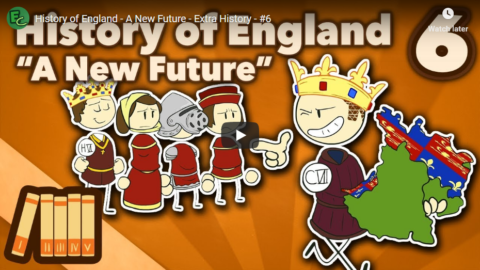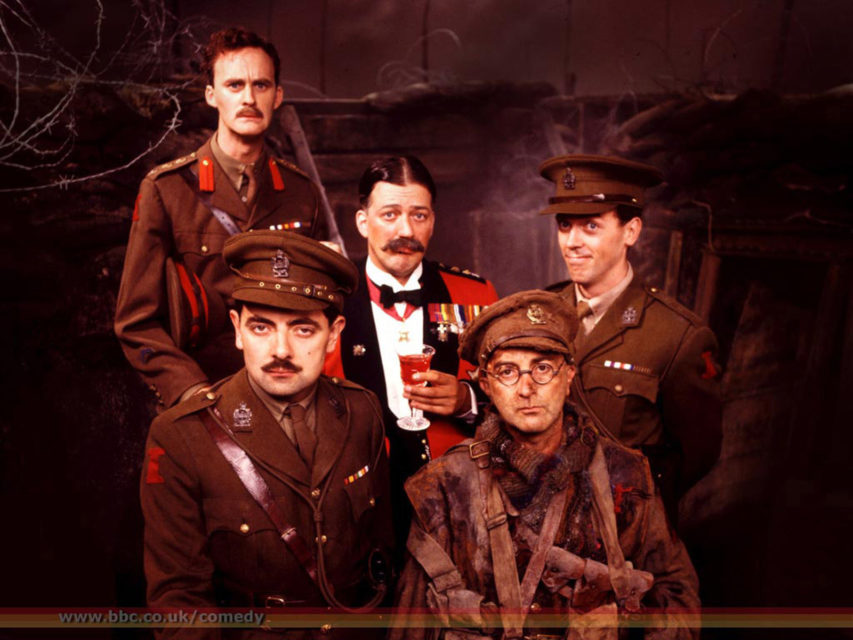In the New English Review a recent Theodore Dalrymple post on “inventing European identity”:
I doubt whether there is anyone who has never resorted to the ancient rhetorical tricks of suppressio veri and suggestio falsi. Some do it knowingly, others unknowingly. The omission of relevant facts and the insinuation of falsehoods are dual and often inseparable techniques that are the stock-in-trade of most practising politicians. Arguments have often to be schematic and if in theory it is possible to tell no falsehoods, it is virtually impossible not to suppress, or at least omit, some truths if a discussion of complex matters is not to be interminable.
Nevertheless, universal resort to error, whether honest or not, is no defence for those who utilise it. This is particularly so of intellectuals, whose metier above all is, or ought to be, honest argumentation. I was therefore intrigued to read an open letter published in the Guardian newspaper by what were described as “30 top intellectuals.”
The letter began with a ringing suggestio falsi: “The idea of Europe is in peril.” What the authors meant was that the idea of the European Union is in danger. They implied, in effect, that Europe and the European Union were synonyms, which is clearly false. If a country ceases to be a member of the European Union, or has never been a part of it, it does not cease to be European, neither geographically nor culturally.
The opening salvo sets the tone for the rest. Any opposition to the ever-closer union that is the aim of the European Union is characterized as purely irrational, nostalgic and even fascistic. It cannot by definition be founded on any rational considerations whatever. It success would be, as the authors put it, the triumph of “a politics of disdain for intelligence and culture” — which is in effect to say that anybody who opposes the proposed ever-closer union is either a demagogue or uncouth and stupid. Thus the top intellectuals, including five winners of the Nobel Prize and many world-famous writers, appear to have learned nothing from the single most disastrous phrase used in any recent election, Mrs. Clinton’s infamous “basket of deplorables.” Who is more stupid than whom?
The top intellectuals say of opponents of the drive towards a large federal state something like, “Let’s reconnect with our ‘national soul!’ Let’s rediscover out ‘lost identity’!” They go on to say, “Never mind that abstractions such as ‘soul’ and ‘identity’ often exist only in the imagination of demagogues.”
I overlook the fact that any British politician, however fervent a supporter of Brexit would never use a term such as “the British soul” for justified fear of being laughed out of court, but notice only that a few lines further on the top intellectuals say “We count ourselves among the European patriots.”








